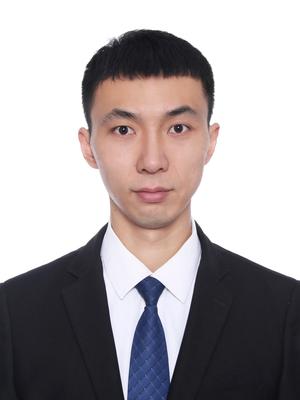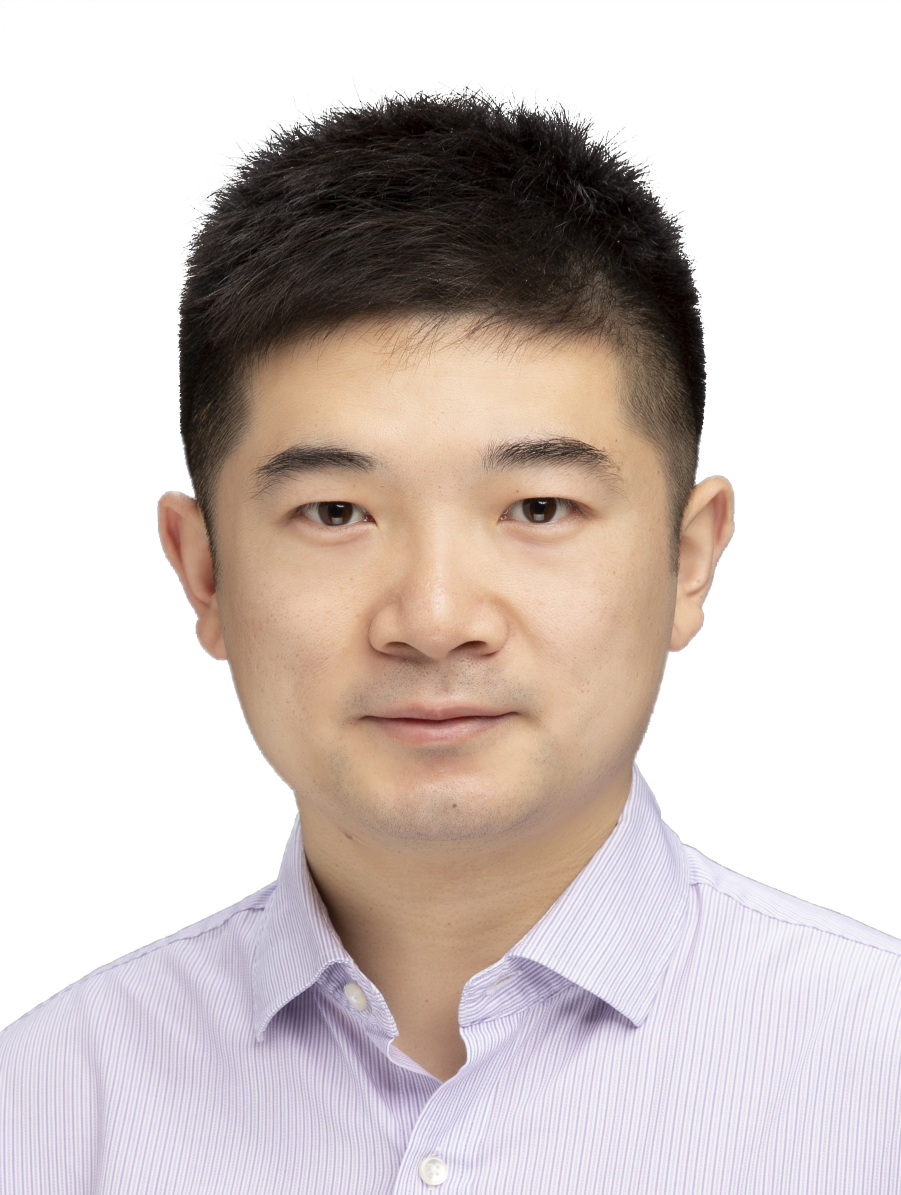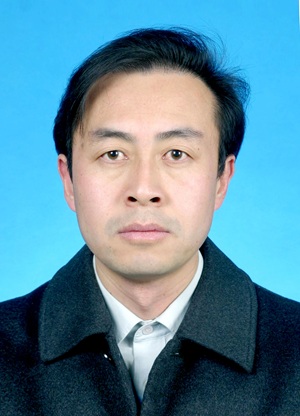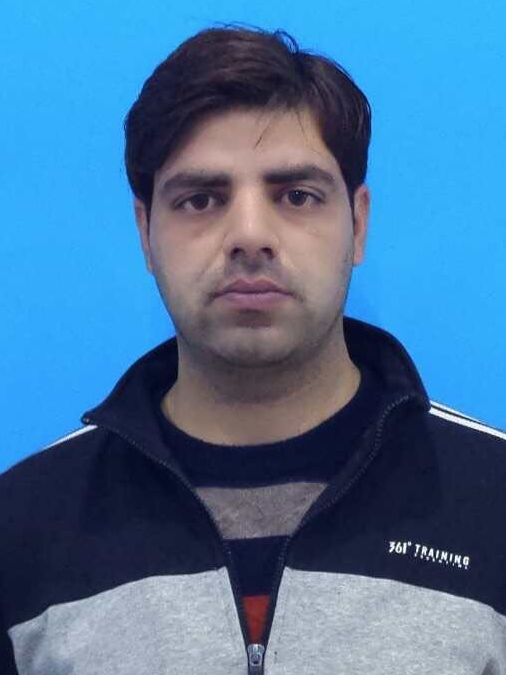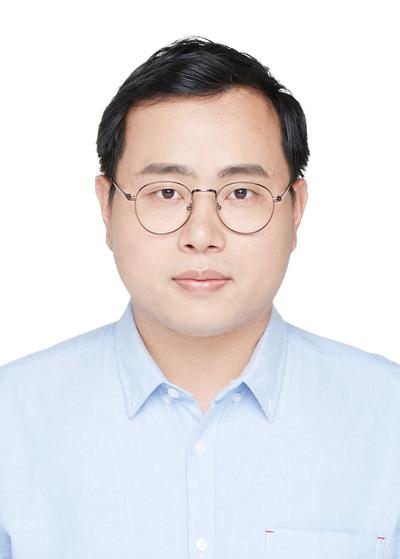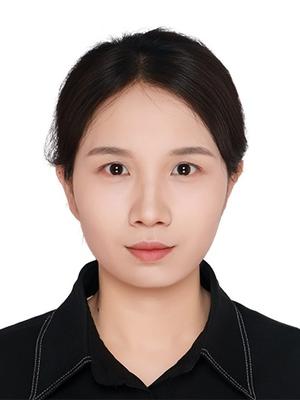Prof Josef KittlerUniversity of Surrey, UK
|
English profile will be added soon. 英国萨里大学(University of Surrey)杰出教授,模式识别和人工智能领域世界顶级学者,英国皇家工程院院士,前国际模式识别协会 (IAPR) 主席,是国际模式识别领域最高奖K.S. Fu奖的得主。他于1974年在英国剑桥大学获得了模式识别专业博士学位,并于1991年获得剑桥大学科学博士学位。他的研究方向主要包括模式识别、图像分析和计算机视觉领域的理论和应用研究。其所在的电子工程系,视觉、语音和信号处理中心(CVSSP)由他本人于1986年创建。Josef Kittler教授在1986年至2014年期间一直担任该中心主任。迄今为止,Josef Kittler 教授共发表学术论文600余篇,其中6篇论文的引用量超过1900余次(Google Scholar统计数据)。Josef Kittler教授发表的学术论文中有20余篇被刊登在国际模式识别领域最著名的期刊IEEE TPAMI上。他目前是还是多个期刊,如Pattern Recognition Letters, Pattern Recognition and Artificial Intelligence, 和Pattern Analysis and Applications的期刊编委。此外,在与国内的合作方面,他是教育部111引智计划学术大师、教育部海外名师,获得了2015年的江苏省国际科技合作奖和2016年的中国政府友谊奖,并在2019年受邀为新中国成立70周年之际的天安门观礼嘉宾。 |
Prof. Hamido FujitaMalaysia-Japan International Institute of Technology (MJIIT) |
Hamido Fujita Life Senior Member IEEE, is Executive Chairman of i-SOMET Incorporated Association, Japan, Professor at Malaysia-Japan International Institute of Technology of Universiti Teknologi Malaysia, and Distinguished Professor at Iwate Prefectural University, Japan, he is also Research Professor at University of Granada, Spain. He is Highly Cited Researcher in Cross-Field for the year 2019 and in Computer Science for the year 2020, 2021, 2022, and 2023 respectively, by Clarivate Analytics. He received Doctor Honoris Causa from Óbuda University, Budapest, Hungary, in 2013 and received Doctor Honoris Causa from Timisoara Technical University, Timisoara, Romania, in 2018, and a title of Honorary Professor from Óbuda University, in 2011. He is Distinguished Research Professor at the University of Granada, and Adjunct Professor with Taipei Technical University, Taiwan, Harbin Engineering University, China and others. He supervised Ph.D. students jointly with the University of Laval, Quebec City, QC, Canada; University of Technology Sydney; Oregon State University, Corvallis, OR, USA; University of Paris 1 Pantheon-Sorbonne, Paris, France; and University of Genoa, Italy. Dr. Fujita is the recipient of the Honorary Scholar Award from the University of Technology Sydney, in 2012. He was the Editor-in-Chief for Knowledge-Based Systems (Elsevier) (2005-2019) and then Emeritus Editor of Knowledge-Based Systems in 2020~. Since 2020 he is currently the Editor-in-Chief of Applied Intelligence (Springer) and the Editor-in-Chief of International Journal of Healthcare Management (Taylor & Francis). He headed a number of projects including intelligent HCI, a project related to mental cloning for healthcare systems as an intelligent user interface between human-users and computers, and SCOPE project on virtual doctor systems for medical applications. He collaborated with several research projects in Europe, and recently he is collaborating in OLIMPIA project supported by Tuscany region on Therapeutic monitoring of Parkinson disease. He has published more than 480 articles mainly in high impact factor journals. |



